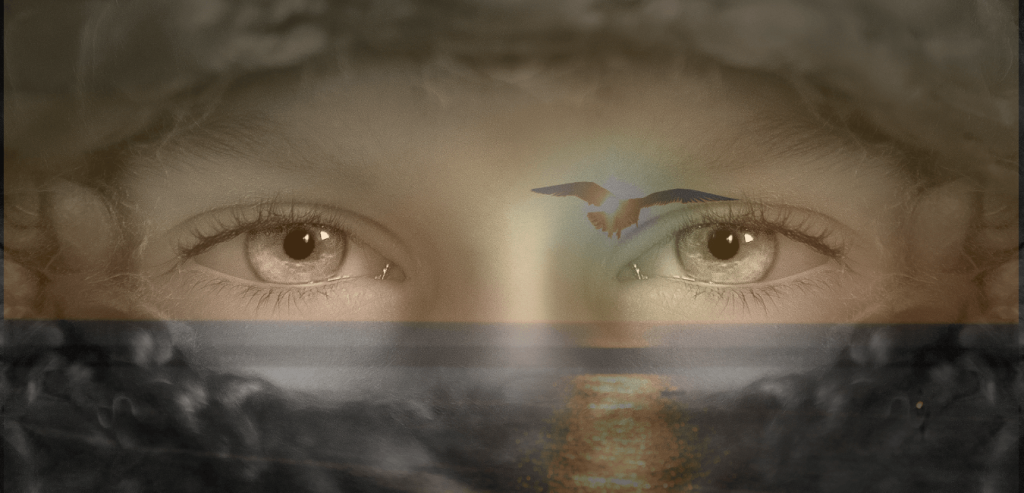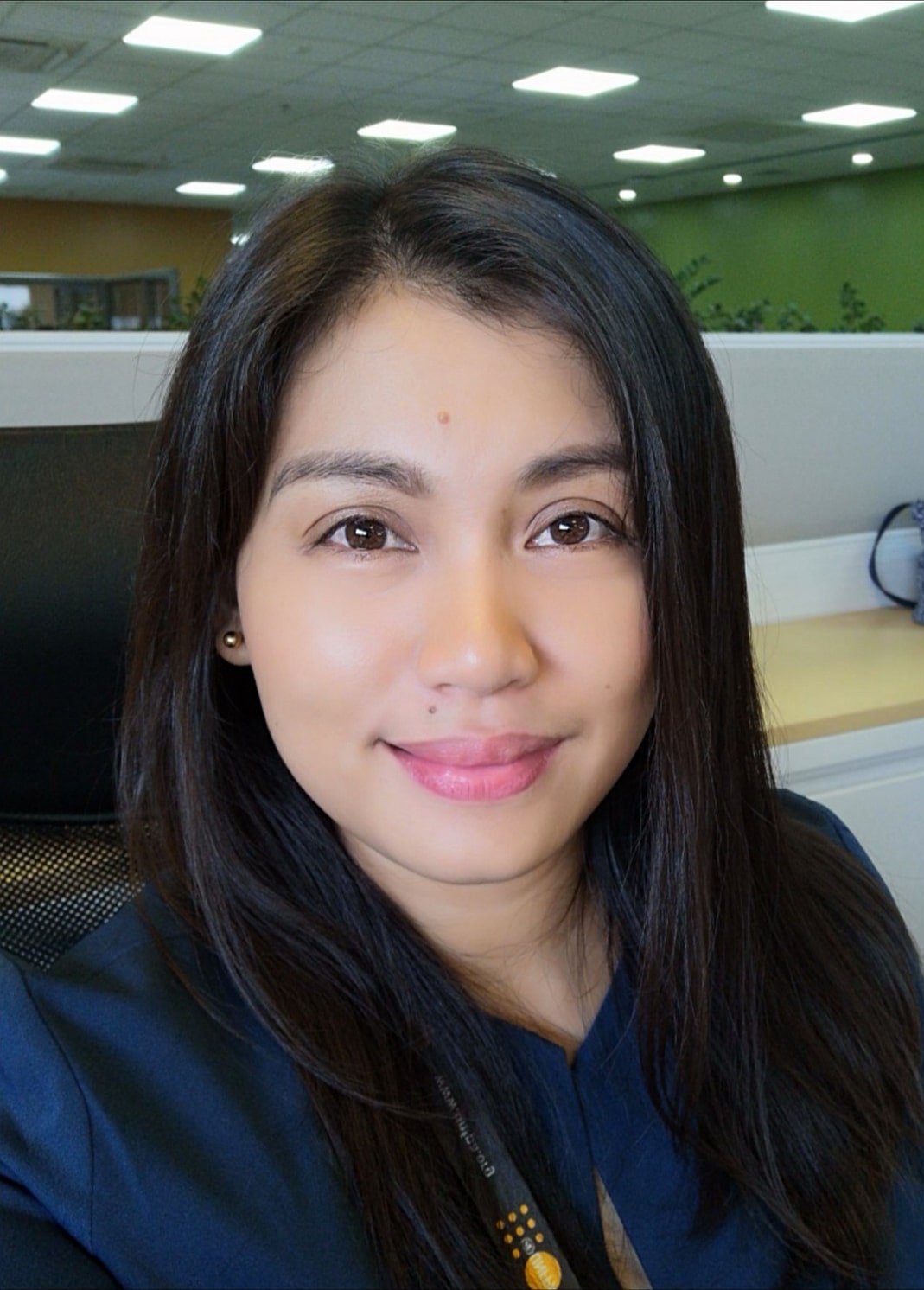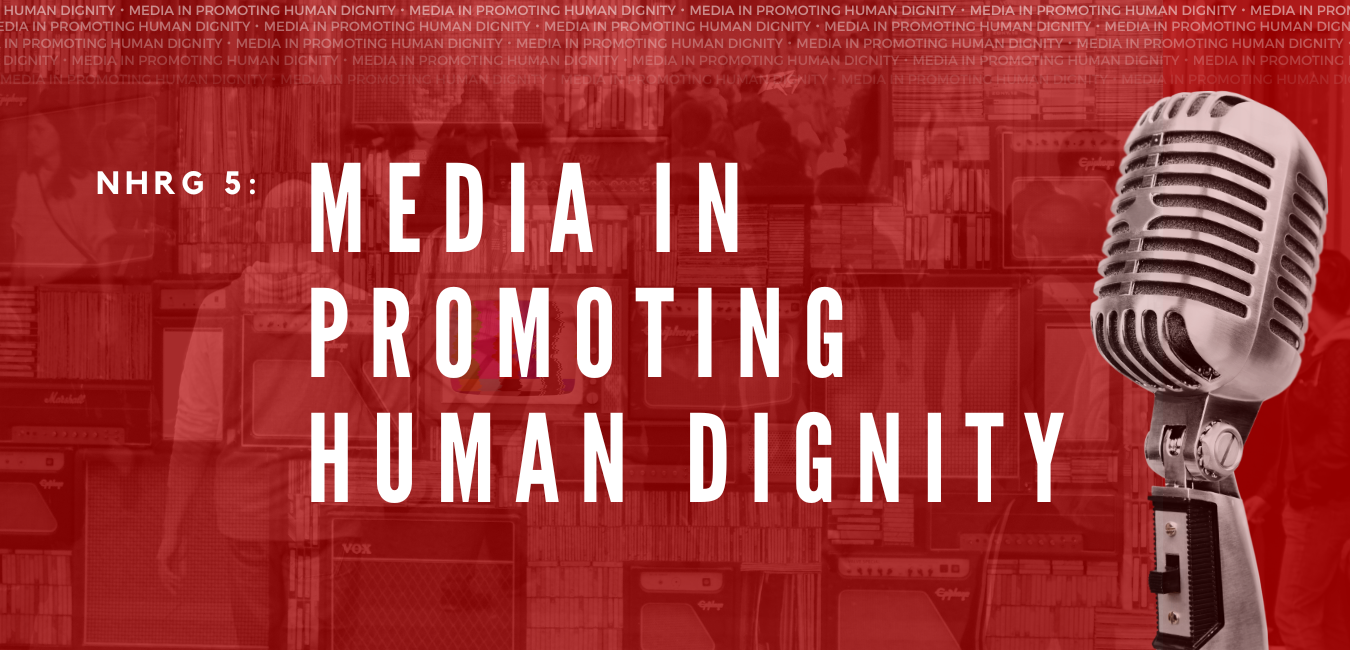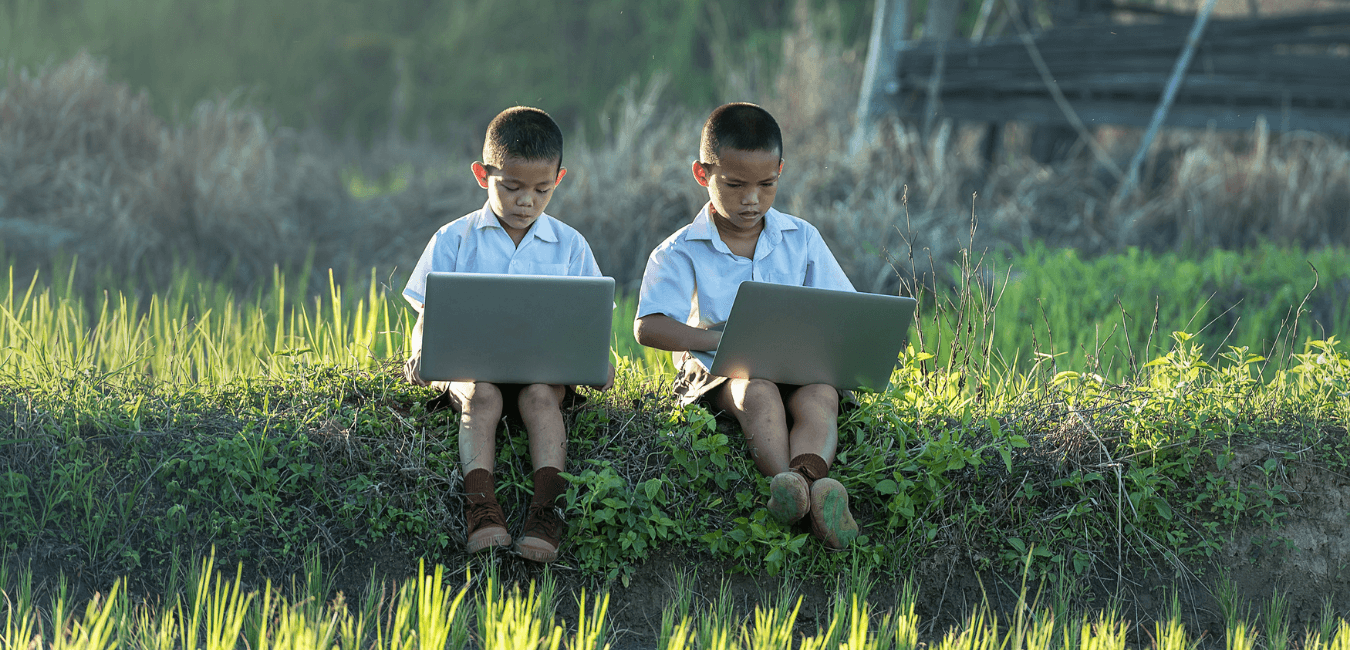Student Division on Constructing a Culture of Human Rights (Part 2)
OVERVIEW:
The “New Human Revolution Generation (NHRG)” is a dialogue series initiated by the Young Successors Group (Student Division, High School Division, and Boys & Girls Division) to tackle pressing issues that we are facing today in the effort to realize peace and happiness.
The NHRG provides a platform for the youth where they can freely share their ideas, give new and different perspectives, offer innovative solutions, and empower others to take action and overcome powerlessness.

NHRG: Constructing a Culture of Human Rights (Part 1):
Part 1 of NHRG’s 4th installment is published in the June 2021 Issue of Pag-Asa which features the thoughts and sentiments of the Student Division members about Constructing a Culture of Human Rights—the third thematic area that Ikeda Sensei discussed in his 2021 Peace Proposal: Value Creation in a Time of Crisis. It also includes an interview with Ms. Ma. Theresa Limpin, a human rights and peace advocate, and a short guidance from Ikeda Sensei.
NHRG: Constructing a Culture of Human Rights (Part 2):
IN A PROFESSIONAL PERSPECTIVE:

In continuation of that installment, we have conducted another interview with a professional, this time with Ms. Rio Grace Otara. She is a Social Worker with expertise on women’s rights and gender equality. She is currently working in the United Nations where she manage the Adolescent and Youth Programme, ensuring that young people are able to lead in decision-making process, own their lives and their future, and attain their highest potentials.
What are Human Rights?
Human rights are rights we have as human beings. It is universal and inherent in all of us regardless of your nationality, religions, color, language, gender, or any other status. Simply put, you are able to study because of your right to education; you are able to eat because of your right to food; you are able to work, because you have the right to work; you are able to access health services, because you have the right to good health; you are able to express yourself because you have the right to liberty; you are able to decide on how your romantic life looks like because human rights allow you to freely choose who you love; and you are able to chant, attend activities, and study Buddhism because of your right to practice religion. As we are all entitled to our human rights, it is also our responsibility to respect and stand up for the human rights of others. As SGI President Ikeda said, “Human rights start with recognizing the importance of every individual”.
The COVID-19 crisis brought social issues around the world such as inequalities and discrimination fueled by misinformation and hate. Do you happen to see or experience such a situation here in the Philippines?
The COVID-19 pandemic has exacerbated the pre-existing inequalities and discrimination and caused the already marginalized to suffer even more. We all are affected by the pandemic, but we are also affected in different ways. Women and girls for instance suffered the most, especially those who are living in abusive relationships prior to the pandemic. A study we conducted last year projected more than 12,000 women and girls to experience various forms of violence due to community quarantine-induced service reductions. Misinformation that is proliferating in the social media have devastating effects on our public health behaviours, practices and attitude. Misconceptions on vaccines for example resulted to more people refusing to get vaccinated, which could drastically slow down our fight to address this pandemic. It is important that we are able to critically analyse the information that we receive and share, and reflect on how such information will impact the lives of others.
Can you share with us any concrete action/program your organization undertook in order to repair these gaps both in and between our societies?
Human rights and social justice are at the core of UN’s work and this has been emphasized in our interventions during the pandemic. For example, on the issue of violations to women’s rights, our organization worked closely with the government to ensure that services and referral mechanisms are in place to provide life-saving interventions to victim-survivors of violence. On the right to health and right to life, we invested on strengthening the health system to deliver services to pregnant women, ensuring safe deliveries amidst difficulties in accessing maternal health services. On the right of young people to participation and leadership, we ensure that they are able inform government’s policies and priorities by providing a safe platform for intergenerational dialogues with key government officials. On the right to education, we worked with the government to narrow the digital divide. And on policy advocacy, we ensured that new laws are gender-responsive and human-rights based.
What are the challenges or hindrances that you faced in addressing these issues?
The value of human rights has been watered down, as evidenced by the senseless killings and human rights violations in the country. A lot of people has become “allergic” to the word human rights, without realizing that they will not be enjoying their right to life, their right to food, education, work, and many other rights if not because of human rights. Implementing human-rights based interventions during the time of the pandemic simply means empowering people to know and claim their rights, especially those who are marginalized, excluded or discriminated against. But this has become challenging due to misconceptions about human rights. It is crucial to remember that human rights are the foundation of freedom, justice and peace.
What do you think are the things we can do together to help build a culture of human rights?
Building a culture of human rights entails respect for the inherent worth and dignity of every individual. It starts with yourself – recognizing your own worth and dignity, your tremendous capacity for compassion, and your infinite possibilities – and extending that same respect to others and our environment. Building a culture of human also means learning by doing. You can participate in a lot of activities and initiatives by the UN to gain exposure and experience in the field of human rights work. You can always make a different regardless of your background, educational attainment, age or gender – as long as you have the desire, passion and commitment to work for those who are often left behind.
Any message to our Filipino youth?
You have the power to create a future based on profound respect for human rights. You can dismantle harmful norms that perpetuates discrimination and inequalities. And you have the power to transform the lives of others and the environment. But that entirely depends on your own inner transformations as well. Now is a crucial time to stand for human rights, to amplify your voices on matters that endangers your enjoyment of your human rights, and to become agents of change in your own ways. Always remember that your actions today will determine the kind of life and society we will have in the future.
BUDDHIST POINT OF VIEW / IKEDA SENSEI'S GUIDANCE:
Equality Arising from the Universal Law
IKEDA: According to Buddhist thought, the law (dharma, from the verb dhri, to preserve, maintain, or uphold) on which the universe is founded imparts worth and dignity to all forms of life, human and non-human. Certain rights are universal because they spring from this ubiquitous dignity. Whereas Christianity claims that all people are equal in the eyes of God, Buddhism teaches that our equality arises from the internal, universal law of cause and effect inherent in each individual. We are all equal because we are all equally capable of attaining enlightenment to the universal law. In its Buddhist context, the word ‘equal’ (samata in Sanskrit) indicates impartiality transcending emotional attachments like hatred and love, affection and disaffection. Arising from the universal law, Buddhist equality triumphs over all discrimination.
ATHAYDE: I sympathize with this Buddhist view because I am convinced that appreciation for the dignity of humanity cannot gain wide acceptance unless we become aware of the sacred element within ourselves.
IKEDA: Precisely. We Buddhists interpret this ‘sacred’ as the radiant presence of the universal law in everyone of all racial and cultural backgrounds. Awareness of the commonly shared law inspires sympathy and compassion that expand the self and stimulate participation in the battle for justice, equality and the recognition of the rights of all human beings.
IKEDA: People are the same all over. That is why we can accomplish more when we abandon ideological poses and meet, face to face, on the footing of shared humanity.
IKEDA: It is my hope that, on the basis of Buddhist teachings, Soka Gakkai International can become a powerful force for global peace and prosperity. That was what I had in mind when, in an address I gave on the occasion of the fifteenth SGI Day (26 January, 1990), I reaffirmed the three fundamental ideals of our organization:
One. As good citizens, the members of Soka Gakkai International resolve to contribute to the prosperity of their respective societies and countries, while respecting individual cultures, customs and laws.
Two. The members of Soka Gakkai International resolve to aim for the realization of eternal peace and the prosperity of humanistic culture and education, based on the Buddhism of Nichiren Daishonin, which clearly defines the dignity of human life.
Three. The Members of Soka Gakkai International resolve to contribute to the happiness of humankind and the prosperity of the world, while strongly eschewing war and violence of any kind; to support the spirit of the Charter of the United Nations; and to take positive steps toward cooperating with its endeavors to keep world peace, with the abolition of nuclear weapons and the realization of a warless world as their supreme purpose.- Excerpts from Human Rights in the Twenty-first Century
The dangers arising from failure to thoroughly expose errors by challenging falsehoods and misinformation are not limited to the resulting dearth of correct information and knowledge. Of even graver concern is the risk that existing discrimination and prejudice will interact with fears of infection to spur runaway suspicion that deepens the fractures within society and undermines the human rights and dignity that must be protected for all people.
At the same time, Nussbaum assigns importance to indignation as an emotion that supports democratic society. “Indignation has a constructive function: it says, ‘these people have been wronged, and they should not have been wronged.’ In itself, it provides incentives to right the wrong.” In this sense, while the experience of difficulty and precariousness of life can become the cause for an intensification of discriminatory consciousness and bears the risk of deepening divisions in society, it also has the potential to give rise to constructive action toward the realization of a society of creative coexistence.
As the COVID-19 pandemic rages on, making its presence felt in virtually every sector of society, large numbers of people are finding themselves more attuned to and affected by the pain of those whose lives and dignity are being denied, perhaps with an intensity they have not previously experienced. We must be careful not to allow our own sense of claustrophobic despair to seek outlet in feelings of disgust for others. Rather, it is vital that we use it to empathize with others—to extend our thoughts to the difficulty and precariousness others are experiencing—and from there, to direct our energies into expanding solidarity with those engaged in constructive action to change the harsh realities of society.
[…] if you regard your own life to be precious and irreplaceable, then you should grasp the fact that each person must also feel that way; making this realization the basis for how you conduct your life, you should resolve never to act in ways that will cause harm to others.
As illustrated by this anecdote, the Buddhist perspective on human rights urges us not to extinguish or suppress our feelings of cherishing ourselves above all else. On the contrary, by extending and opening the love we feel for ourselves to love for others, we can rebraid the tapestry of our lives, restoring the ways in which we connect to others and to society at large.
In the Lotus Sutra, Shakyamuni dispels the boundaries dividing people in society, stressing that the most sublime state of being resides equally within all, including women—who had long been subjected to harsh discrimination—as well as individuals who had committed evil deeds. Clearly declaring the dignity of those who have been the target of various forms of oppression and discrimination, the Lotus Sutra is interlaced with the lively exchange of voices in mutual celebration and affirmation of the dignified essence of our being. Through this rich drama of lives inspiring and becoming inspired, it gives concrete form to the principle of the inherent dignity of all humankind.
Just as a circle cannot be considered complete unless all of its constituent arcs are drawn, so long as the promise of universal respect for human rights is undermined by social disparities and distinctions— so long as people continue to be excluded and marginalized—it will remain an empty slogan, never becoming a tangible reality.
Strengthening efforts to stop the spread of malicious misinformation and discrimination and to dispel the dark clouds of fear and anxiety seeded by the COVID-19 crisis, we must now rise to the challenge of anchoring a vibrant culture of human rights on our shared determination that no one’s dignity ever be denied.
- Excerpts from SGI President Daisaku Ikeda’s Peace Proposal 2021: Value Creation in a Time of Crisis
The challenge of creating the new reality of a global society where all may live in peace and dignity is not beyond our reach. And it is my firm belief that the solidarity of ordinary people will be the driving force for its realization.
- Excerpts from SGI President Daisaku Ikeda’s Peace Proposal 2018: Toward an Era of Human Rights Building a People's Movement


